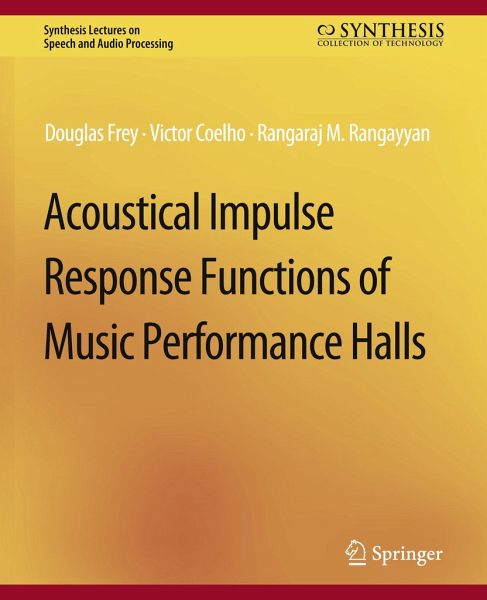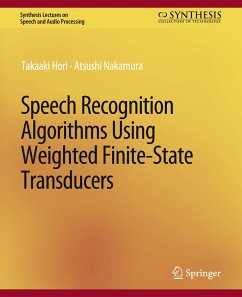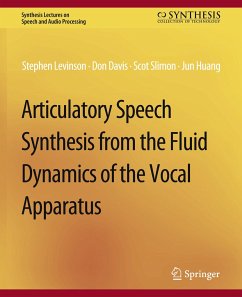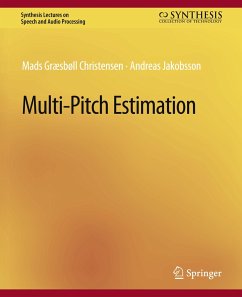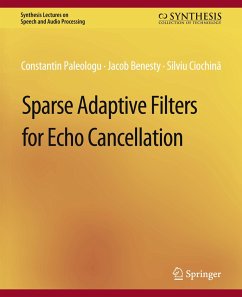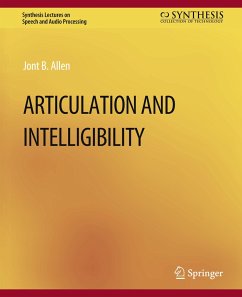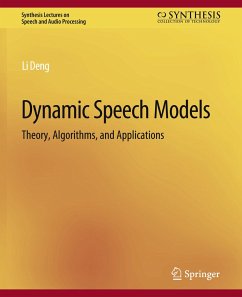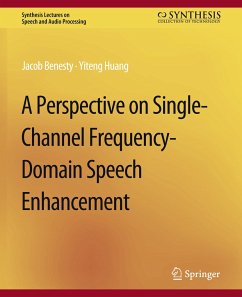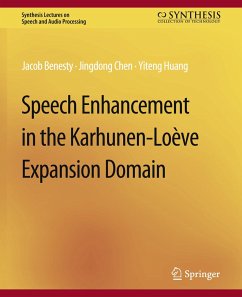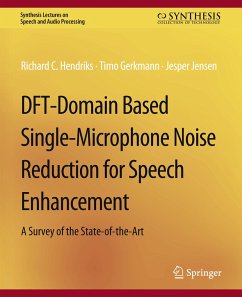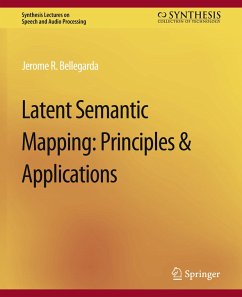Douglas Frey is a professional sound and electrical engineer residing in Calgary, Alberta, Canada. Through his company, DFI Technology Ltd., Douglas works primarily as a sound reinforcement mixing engineer. In addition, his company provides teaching services for the Broadcast Systems Technology (BXST) and Digital Audio Certificate (DAC) programs at the Southern Alberta Institute of Technology (SAIT). Aside from his addiction to good music, Douglas is currently interested in measurement and software issues in the fields of audio and acoustics. Douglas obtained his B.Sc. and M.Sc. degrees from the Department of Electrical and Computer Engineering, University of Calgary, Calgary, Alberta, Canada, in 2003 and 2010, respectively. Part of his M.Sc. involved recording classical Baroque lute and vocal music on location in northern Italy. His graduate thesis was largely concerned with issues of measurement integrity in thederivation of acoustical parameters of music performance halls. Douglas also has a degree in music (BMus) from the University of Calgary, where he majored in composition and orchestration. Rangaraj M. Rangayyan is a Professor with the Department of Electrical and Computer Engineering, and an Adjunct Professor of Surgery and Radiology, at the University of Calgary, Calgary, Alberta, Canada. He received the Bachelor of Engineering degree in Electronics and Communication in 1976 from the University of Mysore at the People's Education Society College of Engineering, Mandya, Karnataka, India, and the Ph.D. degree in Electrical Engineering from the Indian Institute of Science, Bangalore, Karnataka, India, in 1980. His research interests are in the areas of digital signal and image processing, biomedical signal analysis, biomedical image analysis, and computer-aided diagnosis. He has publishedmore than 150 papers in journals and 250 papers in proceedings of conferences. His research productivity was recognized with the 1997 and 2001 Research Excellence Awards of the Department of Electrical and Computer Engineering, the 1997 Research Award of the Faculty of Engineering, and by appointment as a ""University Professor"" in 2003, at the University of Calgary. He is the author of two textbooks: Biomedical Signal Analysis (IEEE/ Wiley, 2002) and Biomedical Image Analysis (CRC, 2005). He has coauthored and coedited several other books. He was recognized by the IEEE with the award of the Third Millennium Medal in 2000, and was elected as a Fellow of the IEEE in 2001, Fellow of the Engineering Institute of Canada in 2002, Fellow of the American Institute for Medical and Biological Engineering in 2003, Fellow of SPIE: the International Society for Optical Engineering in 2003, Fellow of the Society for Imaging Informatics in Medicine in 2007, Fellow of the Canadian Medical and Biological Engineering Society in 2007, and Fellow of the Canadian Academy of Engineering in 2009. He has been awarded the Killam Resident Fellowship thrice (1998, 2002, and 2007) in support of his book-writing projects. Victor Coelho is Professor of Music at Boston University, a graduate of Berkeley (B.A.) and UCLA (Ph.D.), and a Fellow of Villa I Tatti, The Harvard University Center for Italian Renaissance Studies in Florence. He works primarily in the areas of sixteenth- and seventeenth-century Italian music, as well as popular music, cross-cultural and interdisciplinary studies, and media and technology. His books include Music and Science in the Age of Galileo (Kluwer), The Manuscript Sources of 17th-Century Italian Lute Music (Garland), Performance on Lute, Guitar, and Vihuela (Cambridge), and The Cambridge Companion to the Guitar. Current projects include (with Keith Polk) a history of Renaissance instrumental music, forthcoming from Cambridge University Press, and the Cambridge Companion to the Rolling Stones.
